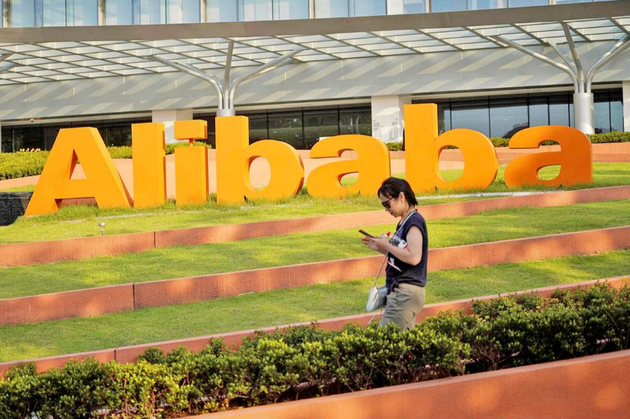Oct. 24 (NBD) -- Alibaba Music has finished its leadership restructuring after famous music producer and songwriter Gao Xiaosong resigned from as president and Zhu Shunyan, who is the head of the innovation initiatives unit of Alibaba Group (Alibaba), took Gao's position.
National Business Daily (NBD) noticed that Gao remained the director of Alibaba Music, and Fan Luyuan and Li Wei, senior executives of Alibaba's digital media and entertainment unit, became the firm's new directors. Alibaba stated that it is a normal managerial adjustment for its music arm.
This follows Alibaba's structure reorganization announced in June this year, in which Zhu Shunyan was named as the new leader of the innovation initiatives unit, adding to his responsibilities over literature, music, Tmall Genie, and smart AI assistant business.

Photo/VCG
Some industry insiders held the structure changes indicates Alibaba's attempt to regain a foothold in the Chinese music streaming market where its main music product Xiami Music has almost lost the battle.
Early in 2013, the e-commerce giant acquired music platforms Xiami Music and TTPod (Tian Tian Dong Ting) for 80 million yuan (11.3 million U.S. dollars) and 40 million yuan, respectively, marking its foray into the online music field.
The two platforms were merged into Alibaba Music in March 2015. The new company also forged partnership with a number of renowned music publishers including Universal Music, Sony Music, Warner Music, HIM International Music and Rock Records, to obtain a wide range of music copyrights, which further fueled Alibaba Music's rapid growth. Xiami Music even grasped 60 percent of the total Chinese song copyrights in 2015.
However, Alibaba Music started to take a turn after its new president Gao Xiaosong and new CEO Song Ke, who joined the firm in July 2015, transformed TTPod into a music e-commerce platform with less focus on operation of Xiami Music in 2016.
The two products consequently lost both advantages in copyrights of songs and the user base in the following four years.
NBD found that this June, Xiami Music's monthly active users (MAUs) was lowered to the mark of a mere 8 million, while QQ Music and NetEase Cloud Music exceeded the mark of 80 million MAUs, respectively.
However, Alibaba's rival Tencent has done well in the music domain. The latter held roughly 75 percent market share in China’s rapidly growing music streaming market in 2018.
Against such disadvantageous situation, the e-commerce conglomerate begun seeking collaboration with other big music player. This September, Alibaba led a 700-million-U.S. dollar B2 funding round of NetEase Cloud Music. The tie-up between the two sides is expected to combine NetEase's large user base and Alibaba's high traffic flow.
Email: gaohan@nbd.com.cn


 川公网安备 51019002001991号
川公网安备 51019002001991号





